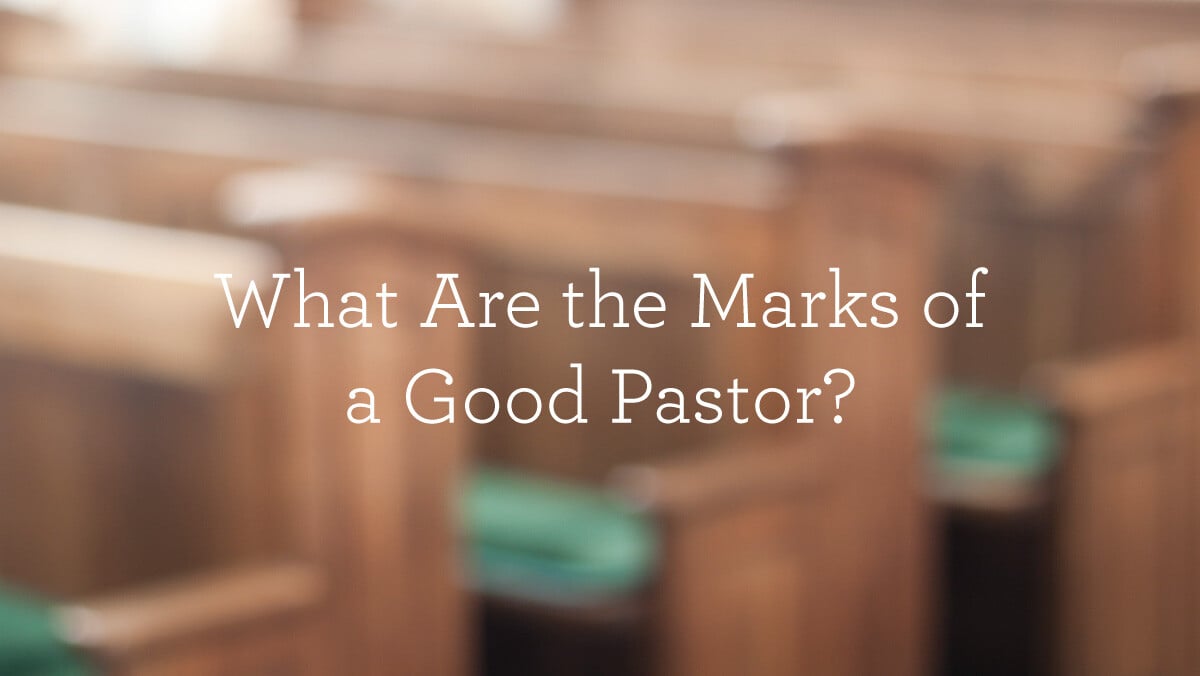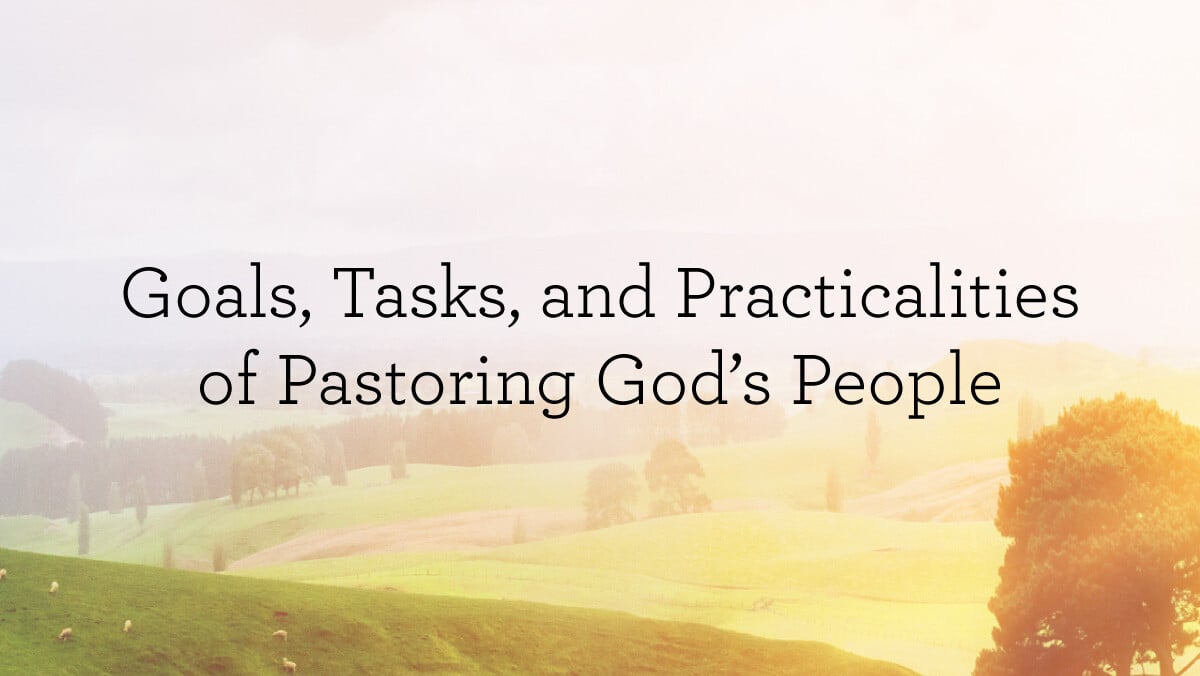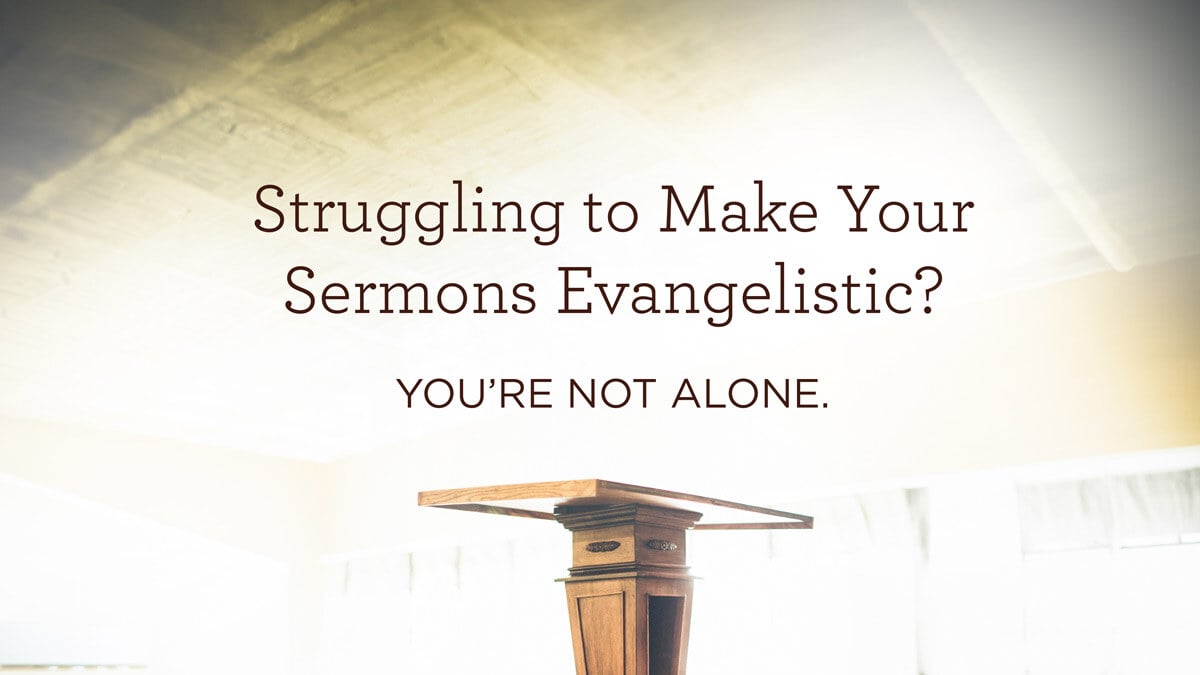A Brief Theology of Death
The late atheist Christopher Hitchens once described the unusual circumstances under which he came to terms with death: “It was only when I watched [my son] being born,” he comments, “that I knew at once that my own funeral director had very suddenly, but quite unmistakably, stepped onto the stage.”1
Continue reading …Topics: Articles
What Will Eternal Life Be Like? Brief Thoughts on Heaven and Earth
REVELATION 5:9–10
“They sang a new song, saying, ‘Worthy are you to take the scroll and to open its seals, for you were slain, and by your blood you ransomed people for God from every tribe and language and people and nation, and you have made them a kingdom and priests to our God, and they shall reign on the earth.’”
Continue reading …Topics: Articles
Jesus Does Not Change—and That’s Good News
“Changes,” a popular ’70s-era song, captures well the feeling many of us have toward the notion of change:
Continue reading …Everyone is going through changes;
No one knows what’s going on;
And everybody changes places,
But the world still carries on.
Love must always change to sorrow,
And everyone must play the game;
It’s here today and gone tomorrow,
But the world goes on the same.1
Topics: Articles
What’s Wrong with the World
“What’s wrong with the world?” someone asks. Many explanations are on offer: economic turmoil, moral collapse, political extremism. Certainly these are things that are going wrong. But are they “what’s wrong with the world”?
Continue reading …Topics: Articles
What Are the Marks of a Good Pastor?
Most pastors would say that they aspire to be good pastors—that is, good at the task to which they’ve been set, not merely average (much less rotten!). Thankfully, the Scriptures don’t leave us without guidance as to what being a “good pastor” means. When Paul wrote his first letter to Timothy, he told him, “If you put these things before the brothers, you will be a good servant of Christ Jesus” (1 Tim. 4:6).
Continue reading …Topics: Articles
The Goals, Tasks, and Practicalities of Pastoring God’s People
Pastoral ministry is, in many minds, synonymous with pulpit ministry. Yet pastors, as their name suggests, are not only preachers but shepherds. They are “those who will have to give an account” (Heb. 13:17), working as under-shepherds to the Chief Shepherd (1 Peter 5:2, 4), the one to whom the sheep belong. They have been charged with caring for the flock.
Continue reading …Topics: Articles
Struggling to Make Your Sermons Evangelistic? You’re Not Alone.
As pastors, we acknowledge the importance of evangelism in the Christian life. Sharing the good news was one of the last directives that our Lord gave His disciples (Matt. 18:18–20), and the early church’s rapid growth largely was due to the believers’ obedience to this command. Given its central role in the New Testament, evangelism should be a key feature in our lives—including in our preaching.
Continue reading …Topics: Articles
“For Freedom Christ Has Set Us Free.” But What Is “Freedom”?
A story is told of a prisoner who had been locked away for decades. One morning, the warden came to his cell and told him his sentence was complete. The warden opened the door and allowed the prisoner to walk free. The prisoner walked out of the cell, crossed the block, and, seeing another cell open, ran in and slammed the door behind him.
Continue reading …Topics: Articles
What Must a Christian Believe?
Imagine that you’re in London. The year is 1675; it’s been fewer than ten years since the Great Fire ravished the city. One Sunday afternoon, after lunch, you walk down Bishopsgate Street to discover a constant flow of people entering the great hall of the Crosby House. The large home’s owner is Sir John Langham, a Nonconformist who has left the Church of England.
Continue reading …Topics: Articles
Is Your Faith Genuine? Here Are Two Tests from 1 John
Can we be certain that we know Christ in a saving sense? It’s an age-old question, one that’s vital to our Christian experience. In his first letter, the apostle John writes on the theme of assurance. He states his purpose clearly: “I write these things to you who believe in the name of the Son of God, that you may know that you have eternal life” (1 John 5:13).
Continue reading …Topics: Articles









